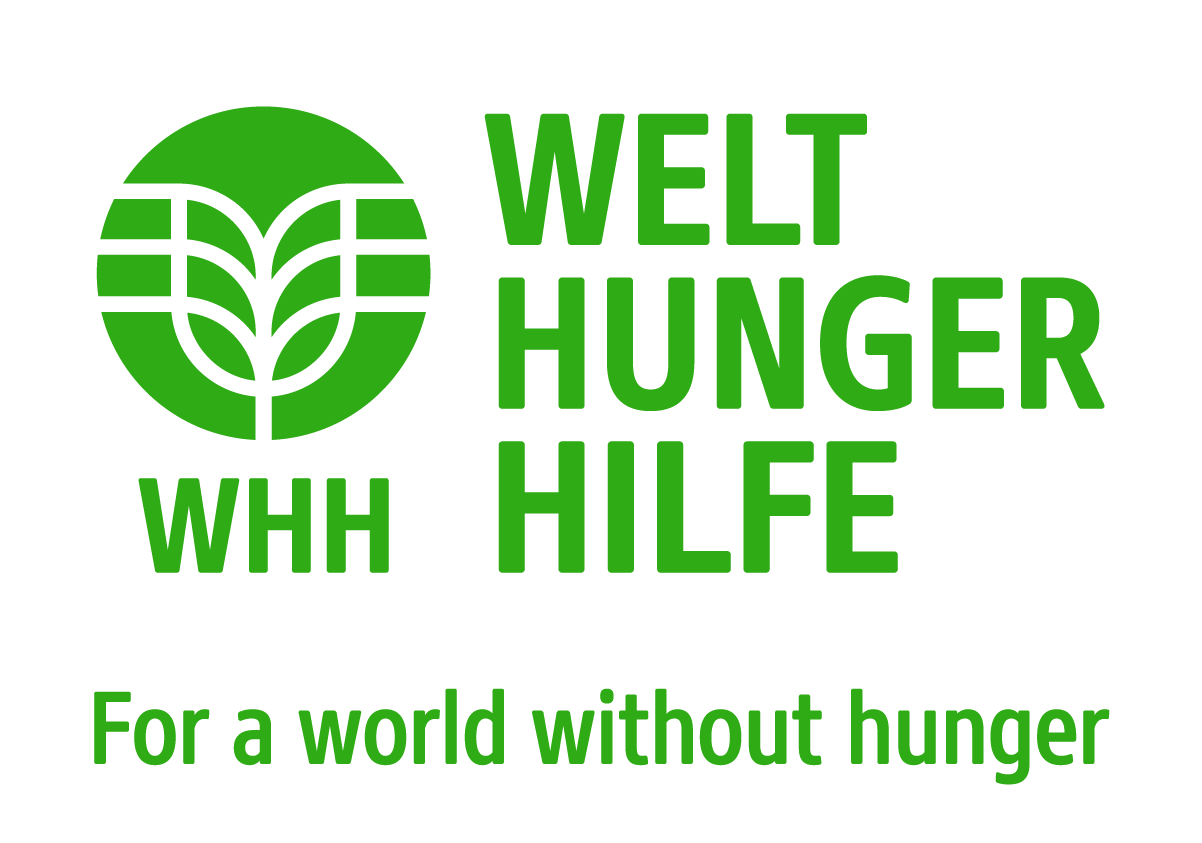THE DESPERATION AND HOPE IN NW SYRIA
In the dark and war-ravaged landscape of Northwest Syria, where malnutrition has claimed the lives of many children like Sila, the dead child and the twin of Sedra is a live example that reflects the bad conditions in Syria, Sedra, 7 months; survived in critical circumstances after getting severe acute malnutrition. Alia -Sedra’s mother, from Homs, 39 years old, fled to Shimareen, Azaz region with her husband and seven children, only to find herself trapped in a new cycle of suffering. Her story, marked by loss and resilience, underscores the dire need for humanitarian aid in a region that has been largely abandoned.

|
© July 2024 Shimareen, WHH, © ADIB ABOKHORS/ Sedra in her tent with the nutrition officer checking her health status and showing that she had severe acute malnutrition. |
Back to the first suffering, Alia’s life had been a struggle even before her displacement. With a husband who lacked steady employment (has no career) “he could gain a day or two per week” Alia expresses, she bore the burden of caring for her large family. When she gave birth to twin daughters, Sima and Sedra, her health was already compromised. She is suffering from anemia, calcification, protein deficiency, and hypovitaminosis conditions that made her pregnancy perilous. The joy of her daughters’ births quickly turned to anxiety as she noticed their frailty after seeing that they needed more nutrition than she could provide.
Driven by a mother’s instinct to protect her children, Alia sought help from local centers and hospitals, hoping to find the nutrition her twins desperately needed. At the same time, WHH supported the same camp with Food assistance and started to register the People who fit the criteria, Alia registered her family to benefit from the project and moved to local centers and hospitals to know the health status of her twin. The search led her to a Hospital in Afrin, where doctors diagnosed Sima and Sedra with severe acute malnutrition. Despite their efforts, Sima passed away within hours of their arrival and the hospital can’t offer much support for such cases. Alia’s grief was overwhelming as she buried her daughter, her heart heavy with the fear of losing Sedra too. In her despair, she said, "I felt like I’m going to lose Sedra too, I can’t handle that heavy burden, I asked for help, but all my efforts were in vain until you heard me and saved my child."

|
© July 2024 Shimareen, WHH, © ADIB ABOKHORS/ The Nutrition Officer fed Sedra with the received dietary supplements essentials. |
Alia’s situation was even more difficult when she was not selected to benefit from the activity. She had little means to care for her surviving children. Yet, she lodged complaints with the organization and continued to seek help while caring for Sedra in the hospital. After a month of treatment, Sedra’s condition stabilized a bit, though she remained weak. Upon returning to her tent, Alia received unexpected news: her complaints were considered, and she had been accepted into the food voucher program based on her miserable condition. “I was very shocked when I heard that I was accepted to benefit from the project, it's something like a dream, especially during these dark days. I'm still grateful that you considered my complaint and saw my situation,” she reflected, revealing a rare moment of relief in her otherwise grim existence.
The support she received through the food vouchers was a lifeline. Alia selected the food items that would best sustain her family, and with this support, her hope began to rekindle. The aid didn’t stop there recognizing Sedra’s ongoing needs, a nutrition officer referred Alia to a center where Sedra could receive the dietary supplements essential for her recovery. With this help, Sedra’s condition improved, and she started to gain weight (increase 200g in two months), Alia found strength in the belief that hope and people with humanity had saved her daughter’s life. "I always believe in hope, and this miracle happened so, hope is always the key – She added - without you, my daughter would die like her sister," she said, holding on to the possibility of a better future.

|
© July 2024 Shimareen, WHH, © ADIB ABOKHORS/ Alia’s signing the documents with the nutrition officer in front of her tent. |
Alia’s deeply personal story reflects the broader crisis facing countless other children in Northwest Syria. Since 2022, the camp where Alia resides has not received any support from NGOs except Welthungerhilfe due to funding shortages. This lack of aid has left many children facing the same fate as Sima. Alia’s plea for help resonates with the situation's urgency: "I believe that many children are facing the same fate as Sila's fate, and they have no support. I hope they will receive aids and can live."

|
© July 2024 Shimareen, WHH, © ADIB ABOKHORS/ Alia with her family in the tent during the team visit. |
In conclusion, Alia’s journey through the depths of despair to the glimmer of hope is a powerful testament to the importance of supporting those suffering from malnutrition in conflict zones. Her story is a narrative of personal loss and a call to action for the international community to renew its commitment to providing aid. The lives of 115 thousand children aged 6-59 months and pregnant and lactating women hang in the balance and require malnutrition prevention supplies, and the world mustn't turn a blind eye to their suffering. By shining a light on stories like Sedra’s, we can help ensure that the necessary support reaches those who need it most, saving lives and offering hope where it is most desperately needed.
The original name has been changed for protection
